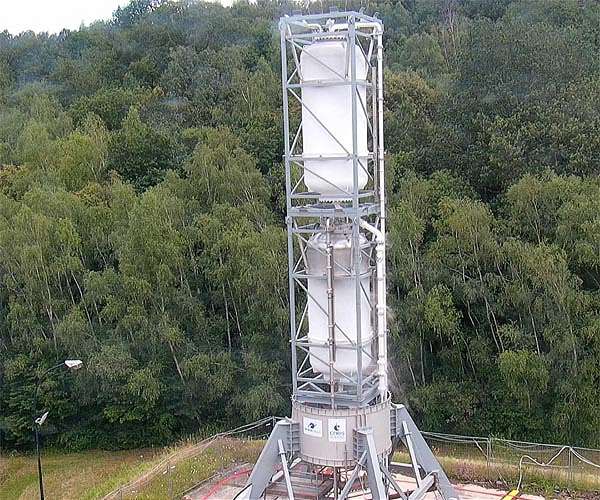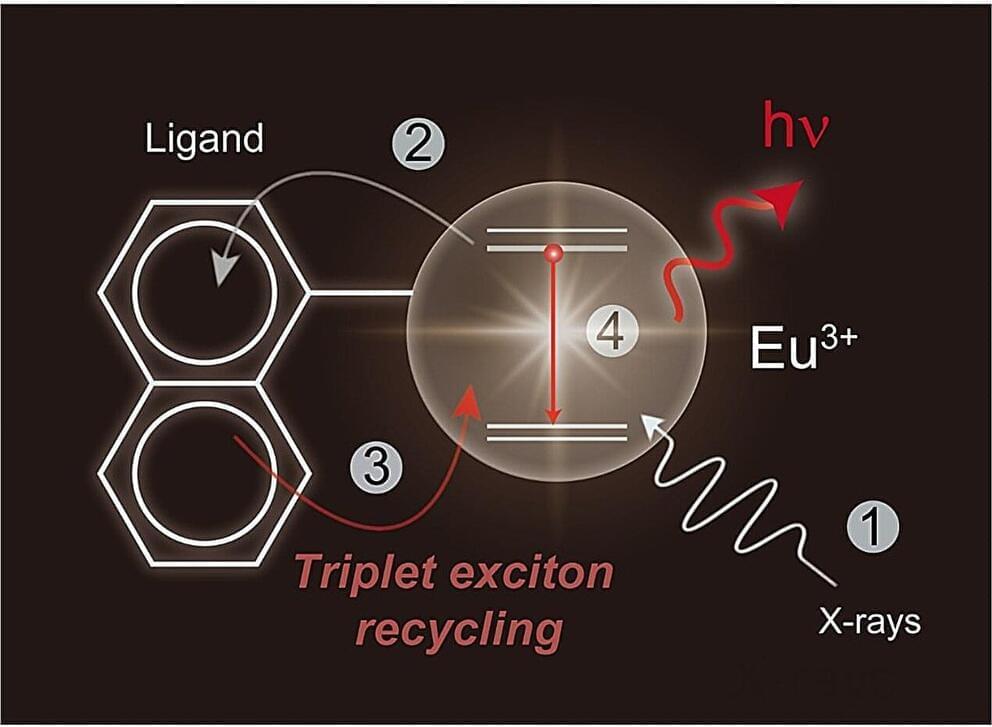A massive solar flare this week may prompt a Northern Lights display on Dec. 25.



Recent studies indicate that the cosmos is rich in complex organic molecules, essential components for understanding the origins of life. The European Space Agency’s Rosetta probe, which examined the comet 67P/Churyumov-Gerasimenko over a two-year mission, provided significant insights into the presence of these molecules in space.
Organic molecules, defined as compounds containing carbon, are abundant not only on Earth but also throughout the universe. Their structure allows carbon atoms to create stable chains, forming the backbone of various biological compounds. The findings from Rosetta have transformed our understanding of where these building blocks of life might originate.
During its mission, Rosetta detected over 44 distinct organic molecules, including glycine, a fundamental amino acid. Moreover, recent analyses of the data identified dimethyl sulfide, a gas associated exclusively with biological processes on Earth, suggesting that the conditions for life may be more widespread than previously assumed.

ArianeGroup has successfully completed the initial mechanical integration of Themis, the European reusable launcher first stage demonstrator, at its Les Mureaux facility in France.
Standing 28 meters tall, the prototype comprises the Multi-Engine Bay (MEB), tanks, the Flight Control Bay (FCB), and the upper segment that completes the stage structure.
The Themis demonstrator will be powered by Prometheus, a new-generation, throttleable cryogenic engine also developed by ArianeGroup.
Join my AI Academy — https://www.skool.com/postagiprepardness 🐤 Follow Me on Twitter https://twitter.com/TheAiGrid🌐 Checkout My website — https://theaigrid…

The evidence presented by Boldrini et al2 was considered resilient and convincing because the authors ensured that the samples were taken from healthy individuals using more biological parameters, such as angiogenesis and change in volume of DG, for a suitable comparison. They also employed unbiased stereology, which is the gold standard for counting number of neurons.2
The contrary results presented by the Sorrels study and Boldrini study highlight the existing ambiguity regarding the concept of neurogenesis in adult humans. Both studies employed reasonably similar immunohistological methods and included many of the same neurogenesis markers, yet contrasting results were observed. The study by Boldrini et al examined samples from humans aged 14 to 79 years, finding more than a thousand cells in each part of the DG, which was in stark contrast to what was observed by Sorrells et al, who found very few cells in the neurogenic niche of subjects in the same age range. Even if we consider that some discrepancies in numbers might arise due to the difference in counting methods (or subjective reasons), such marked and obvious disparity is perplexing. Sorrels et al justified their findings, noting the limitation that relying solely on the presence of markers might cause glial lineage cells to be identified as neuronal lineage cells. However, the authors stated that they used additional methods for confirmation, including transmission electron microscopy (TEM)-immunogold and in-situ hybridization. The relative paucity of any type of progenitor or immature cells, including glia in the neurogenic niche of DG in their study, remains unexplained.
Kempermann et al7 expressed skepticism regarding the negative findings of Sorrells et al, naming the postmortem interval, the lack of known status regarding neuropsychiatric disease or chronic ailment, and using patients with epilepsy as key factors of concern.7 Kempermann et al argued that, in severe epilepsy, destruction of the neurogenic niche is an explicit possibility, and that, in some cases, epilepsy could be the reason for the lack of neurogenesis.7 Additionally, Kempermann et al also criticized the use of 10% formalin in some of the samples due its potential to mask the expression of proteins.7 However, Sorrells et al clearly mentioned that they performed appropriate antigen retrieval for the selected sections.1 Kempermann et al7 suggested that dependence on the protein markers to denote neurogenesis could be an erroneous approach and that some of the markers, such as DCX, are known for fast degradation. Additionally, the presence of DCX-negative immature neurons and high inter-individual variation in expression of DCX in humans, which was also reflected in the data presented by Boldrini et al, are not unusual.7 The use of fluorescence markers also was presented as a caveat by Kempermann et al7 because it is prone to fade away and might give rise to false negative impression.


Scientists from the National University of Singapore (NUS) have developed a highly effective and general molecular design that enables an enhancement in radioluminescence within organometallic scintillators by more than three orders of magnitude. This enhancement harnesses X-ray-induced triplet exciton recycling within lanthanide metal complexes.
Detection of ionizing radiation is crucial in diverse fields, such as medical radiography, environmental monitoring and astronomy. As a result, significant efforts have been dedicated to the development of luminescent materials that respond to X-rays.
However, current high-performance scintillators are almost exclusively limited to ceramic and perovskite materials, which face issues such as complex manufacturing processes, environmental toxicity, self-absorption and stability problems.

A new artificial intelligence (AI) model has just achieved human-level results on a test designed to measure “general intelligence.”
On December 20, OpenAI’s o3 system scored 85% on the ARC-AGI benchmark, well above the previous AI best score of 55% and on par with the average human score. It also scored well on a very difficult mathematics test.
Creating artificial general intelligence, or AGI, is the stated goal of all the major AI research labs. At first glance, OpenAI appears to have at least made a significant step towards this goal.

Northwestern University engineers are the first to successfully demonstrate quantum teleportation over a fiber optic cable already carrying Internet traffic.
The discovery, published in the journal Optica, introduces the new possibility of combining quantum communication with existing Internet cables — greatly simplifying the infrastructure required for for advanced sensing technologies or quantum computing applications.

The company behind Oreo cookies has, by its own admission, been quietly creating new flavors using machine learning.
As the Wall Street Journal reports, Mondelez — the processed food behemoth that manufactures Oreos, Chips Ahoy, Clif Bars, and other popular snacks — has developed a new AI tool to dream up new flavors for its brands.
Used in more than 70 of the company’s products, the company says the machine learning tool is different from generative AI tools like ChatGPT and more akin to the drug discovery algorithms used by pharmaceutical companies to find and test new medications rapidly. Thus far the tool, created with the help of the software consultant Fourkind, has created products like the “Gluten Free Golden Oreo” and updated Chips Ahoy’s classic recipe, per the WSJ.